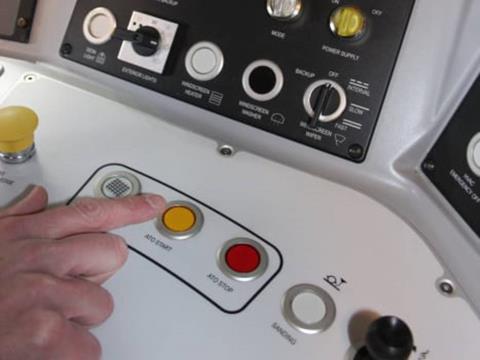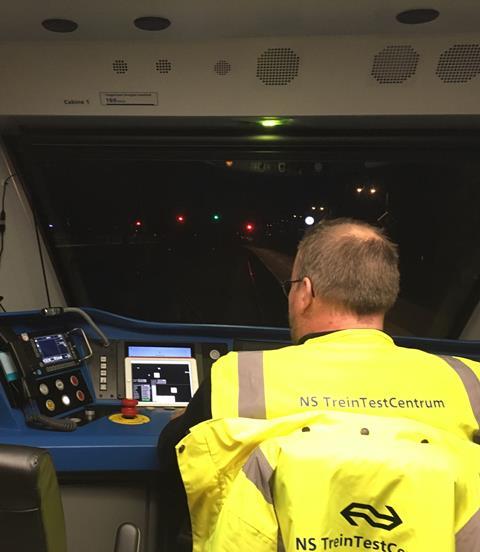
EUROPE: Recognising that humans cannot be wholly removed from what it terms ‘the socio-technical system’ of railway operation, the European Union Agency for Railways is hosting a virtual seminar to examine human and organisational factors in railway automation.
The sessions on December 2-3 are intended to place the potential for automation into context, bringing together a range of speakers from across Europe with experience from the rail sector, other industries and academia.
Human and organisational factors, or HOF, is a multidisciplinary field covering the interactions among system components and humans, and considering their behaviours at all levels such as individual, situational, group, organisational or cultural. HOF also addresses how to increase safety and enhance operational performance.
Among the specific issues to be raised during the seminar are the psychological effects of automation on the human being; the integration of HOF by rolling stock manufacturers using standards during the design and testing phases; and .how lessons can be learnt from other transport modes where integration of these factors is well established.
HOF in automation also needs to be regulated, and both a National Safety Authority and a National Investigation Body will highlight the need to integrate HOF in their activities.

‘Automation is increasingly present in the railway sector and it is only by taking human and organisational factors into account that it can reach its full potential’, says Jayne Yeo, Project Officer for Railway Systems at ERA. ‘By inviting speakers presenting diverse perspectives, ERA hopes that the rail sector will have a better understanding and awareness about the importance of integrating human and organisational factors. It is also hoped that this seminar will spark their curiosity to find out more.’














